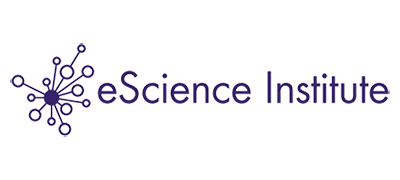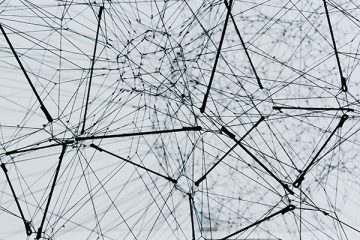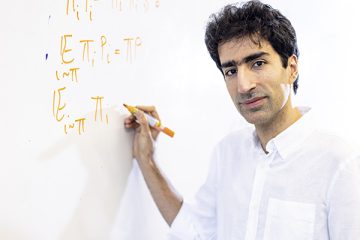Our study of the theoretical foundations of computing spans algorithm design and analysis, complexity, optimization, cryptography, quantum and more.
We seek to answer fundamental and long-standing questions about the capabilities and limitations of our field, which has practical implications in economics, logistics, social welfare, transportation and many other real-world domains.
Centers & Initiatives
Accessible Accordion
Areas of Expertise
Societal Impact
Results will appear in alphabetical order.

eScience Institute
The eScience Institute empowers researchers and students in all fields to answer fundamental questions through the use of large, complex, and noisy data. As the hub of data-intensive discovery on campus, we lead a community of innovators in the techniques, technologies, and best practices of data science and the fields that depend on them.

Institute for Foundations of Data Science (IFDS)
IFDS organizes its research around four core themes: complexity, robustness, closed-loop data science, and ethics and algorithms. By making concerted progress on these fundamental fronts, IFDS aims to lower several of the barriers to better understanding of data science methodology and to its improved effectiveness and wider relevance to application areas.

Molecular Engineering Materials Center (UW-MEMC)
MEM-C is a NSF Materials Research Science and Engineering Center that integrates materials innovations with theory and computation to advance spin-photonic nanostructures and elastic layered quantum materials, aided by an “AI Core” that integrates artificial intelligence-driven materials discovery.
Highlights
Allen School News

Deeds introduced partition constraints, a new approach for making conjunctive query executions more efficient. He presented the research at the 28th International Conference on Database Theory (ICDT), earning both the Best Student Paper and Best Paper Awards.
Allen School News

Oveis Gharan, a member of the Allen School’s Theory group, and Ph.D. alumnus Kuikui Liu, now a professor at MIT, are among a team of researchers that received this year’s Held Prize from the National Academy of Sciences for introducing a new method for counting the bases of matroids.
Allen School News

A chance encounter helped Paul Beame, Paris Koutris (Ph.D., ‘15) and Dan Suciu create the award-winning MPC model that aids scientists in understanding some of the deeper nuances surrounding big data management.
